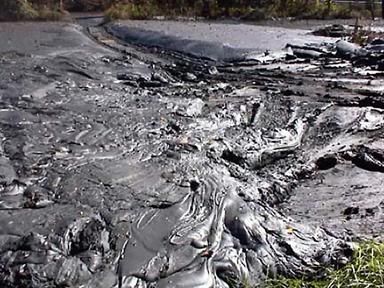Wood fuel can be a sustainable source of energy if the wood that is used is being supplied from sustainably managed forests, or if the fuel is coming from another reasonable source such as the waste stream. It can provide a contribution to
However, although the technology is not new, several questions come to mind:
• Will district heating systems be put in place or will the plants be just electricity generating stations?
• All the proposed plants are in built up areas: is this the right location for new power stations?
• Is the scale of the proposed plants appropriate or are they too big to be ‘sustainable’?
• Where will the wood fuel come from: what is the carbon footprint of importing fuel from as far way as North America or Russia and can this be called a sustainable source?
• What will be the impact of harvesting wood fuel and will the wood be from forests accredited by the Forest Stewardship Council (FSC)?
Opposition to the Plants. There has been some opposition to these proposals, particularly the plant in Leith as a a joint letter to the Scottish Government. The signatories do not object to biomass powered energy plants in principle but do object to the scale of the
The General Assembly of the Church of Scotland debated energy generation at its meeting in May 2007. The report of the Church and Society Council discussed the energy options facing Scotland and identified two preferred options to help reduce Scotland’s carbon footprint: the development of renewable energy and the promotion of energy efficiency measures. The same report was much more critical of coal fired power plants and, on this basis, the Church opposed the proposal to develop a new coal fired power station at Hunterston in Ayrshire. The Church has not objected to the biofuel proposals submitted by Forth Energy as they appear to be consistent with the deliverances of the General Assembly. However the Kirk is aware of the concerns of local and national groups, including members of congregations.
Get Involved. Adrian Shaw, climate change oficer therefore urges members of congregations to learn more about the proposals and get involved in the debate. You can do this in a number of ways, says Adrian, for example, you can
• Exercise your influence on the market in your choice of energy supplier, in the products you buy as a consumer, in your investments or pension. Participate as a shareholder in company AGMs.
• Get involved in the planning process for local energy developments; become informed and play a pro-active role in shaping the developments.
• Use your democratic right to influence government. Get involved locally and nationally by asking questions, lobbying, and using your vote.
Check the websites listed above for details about the proposed developments and the opponents, and get involved in the debate!

